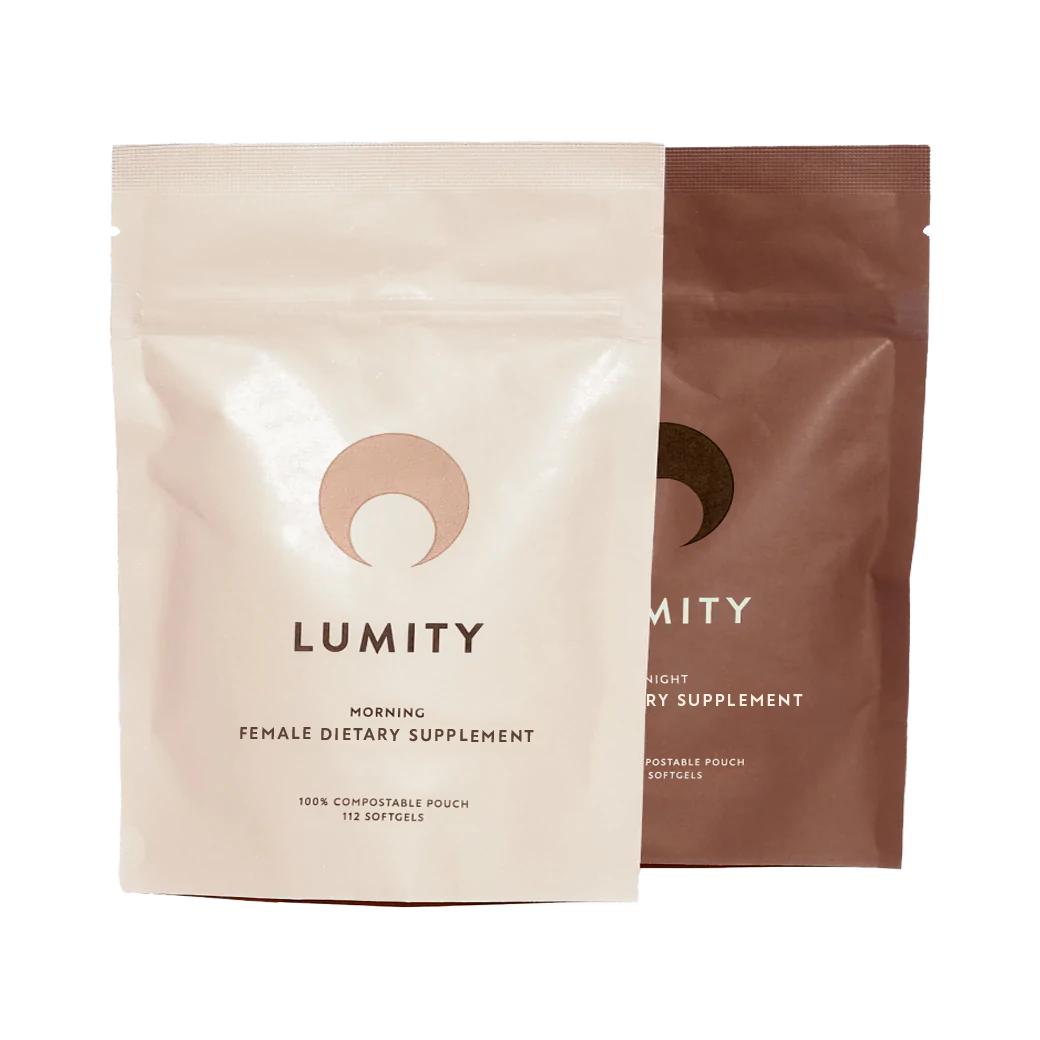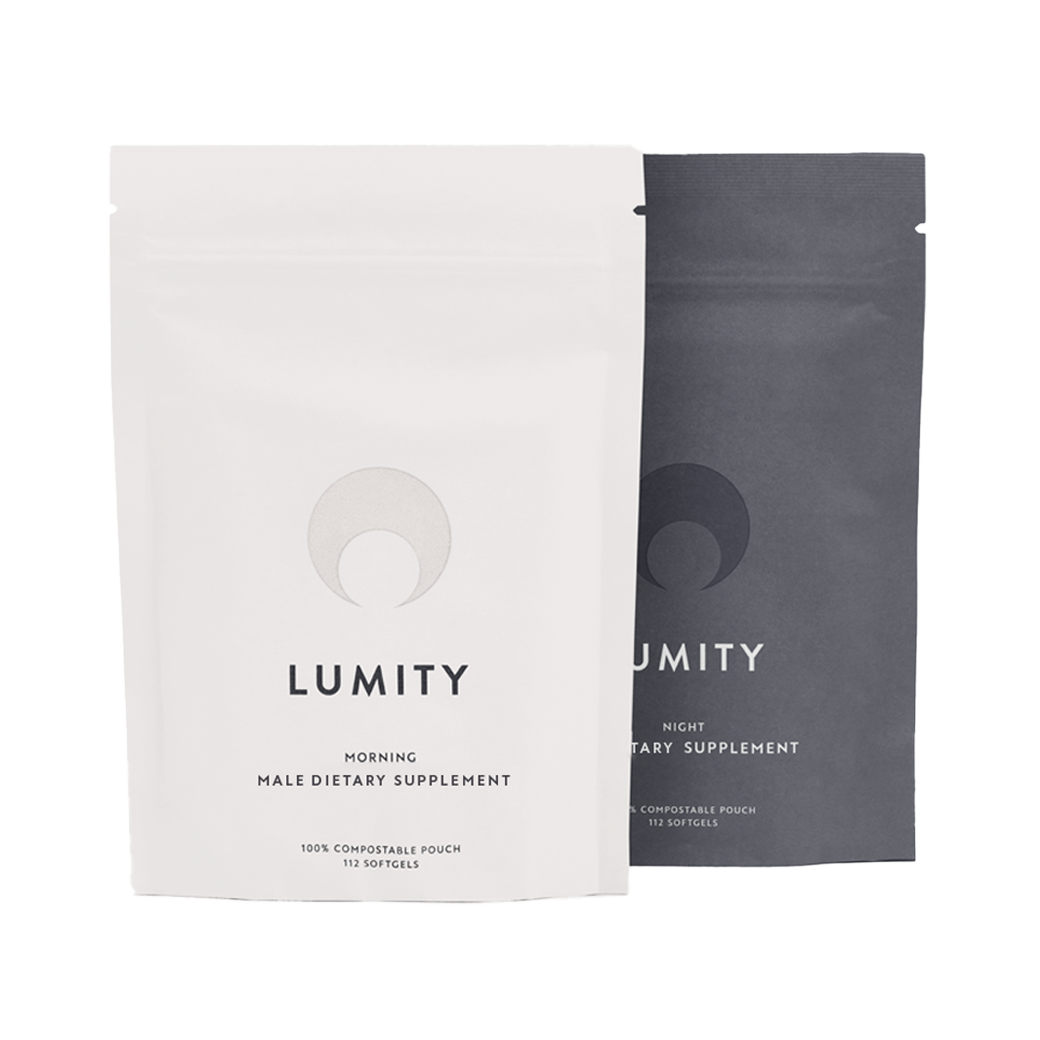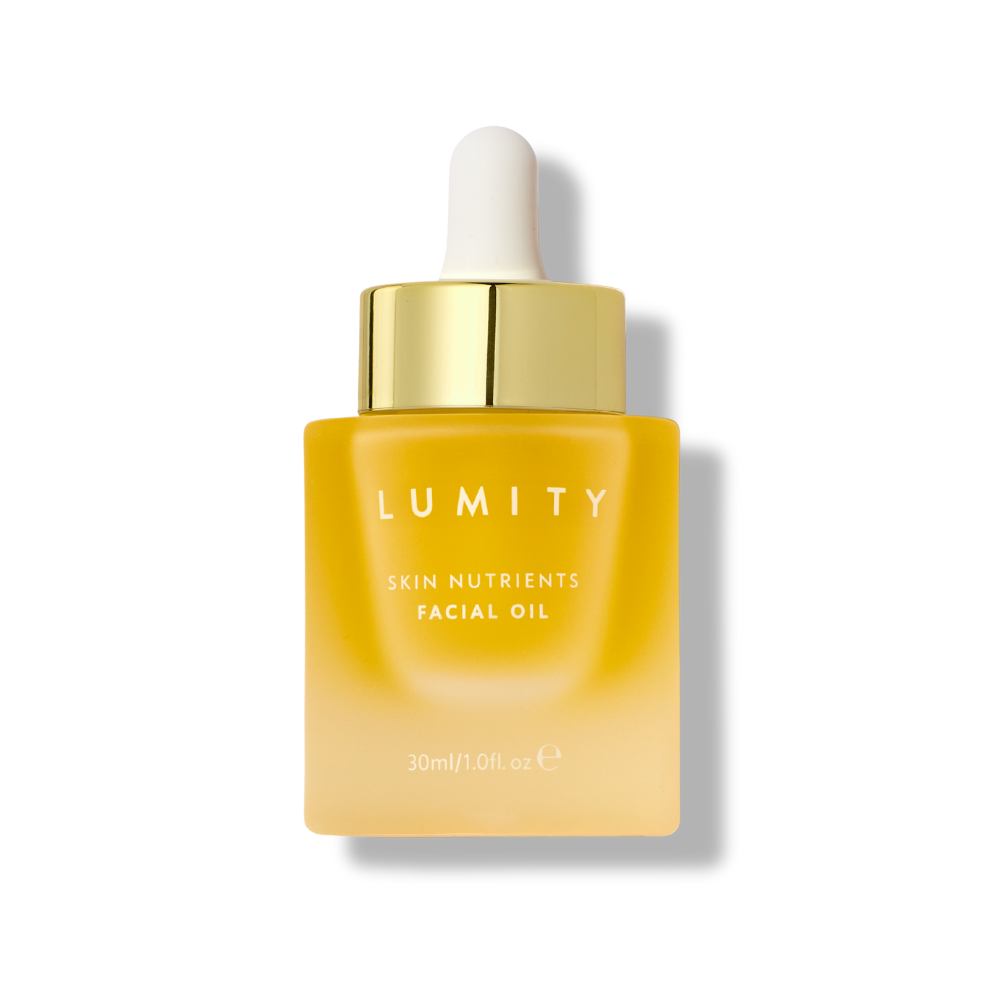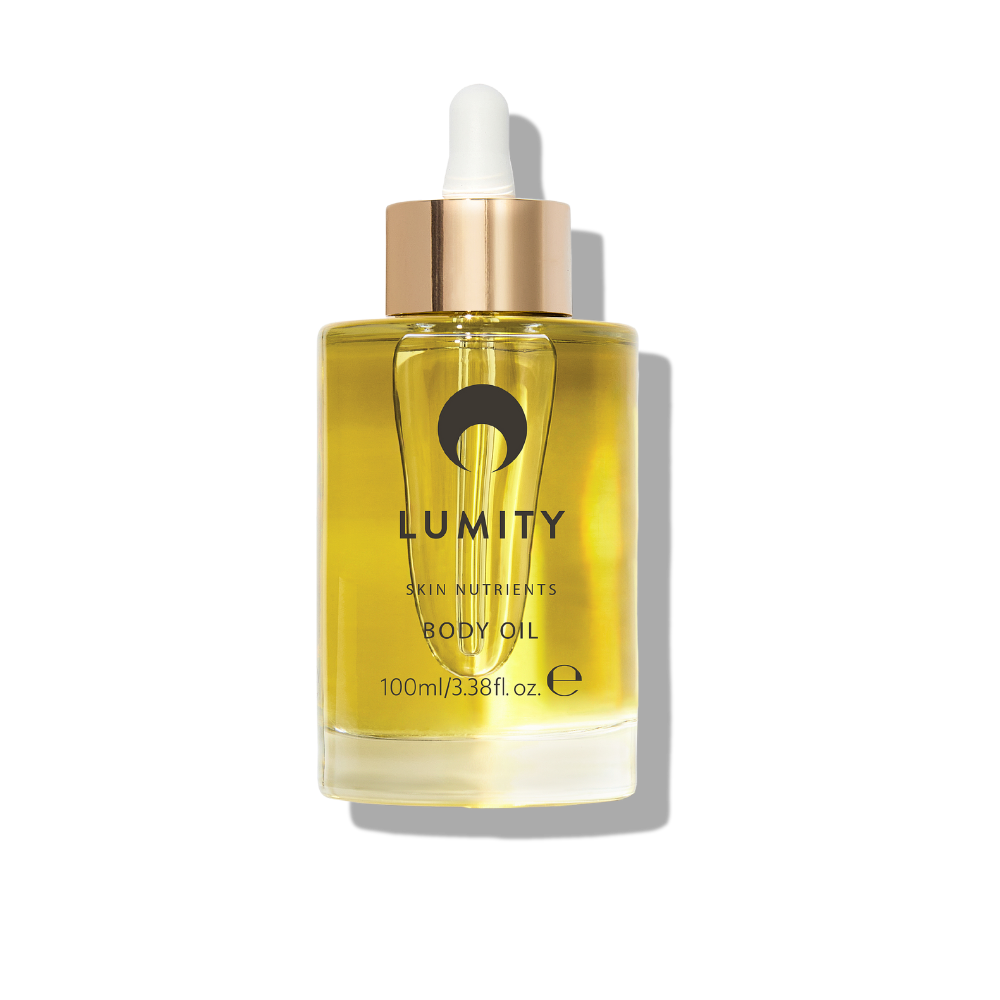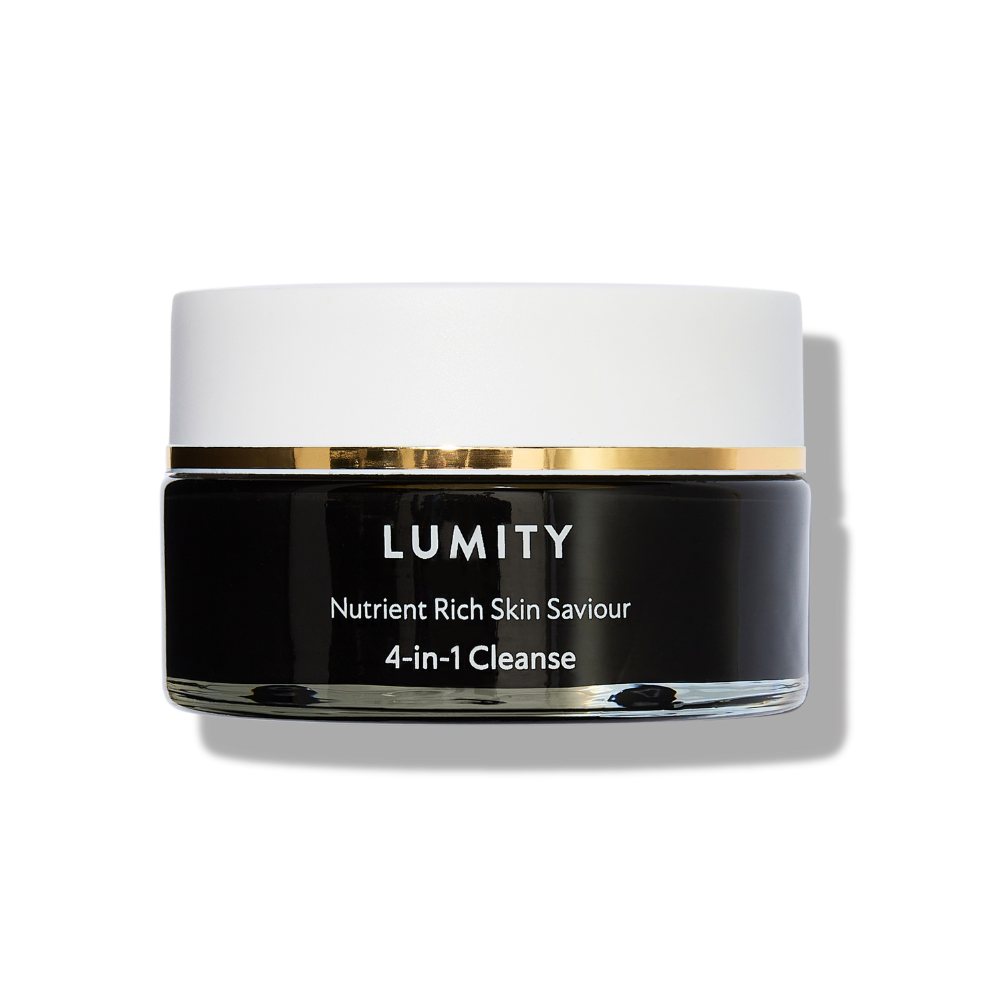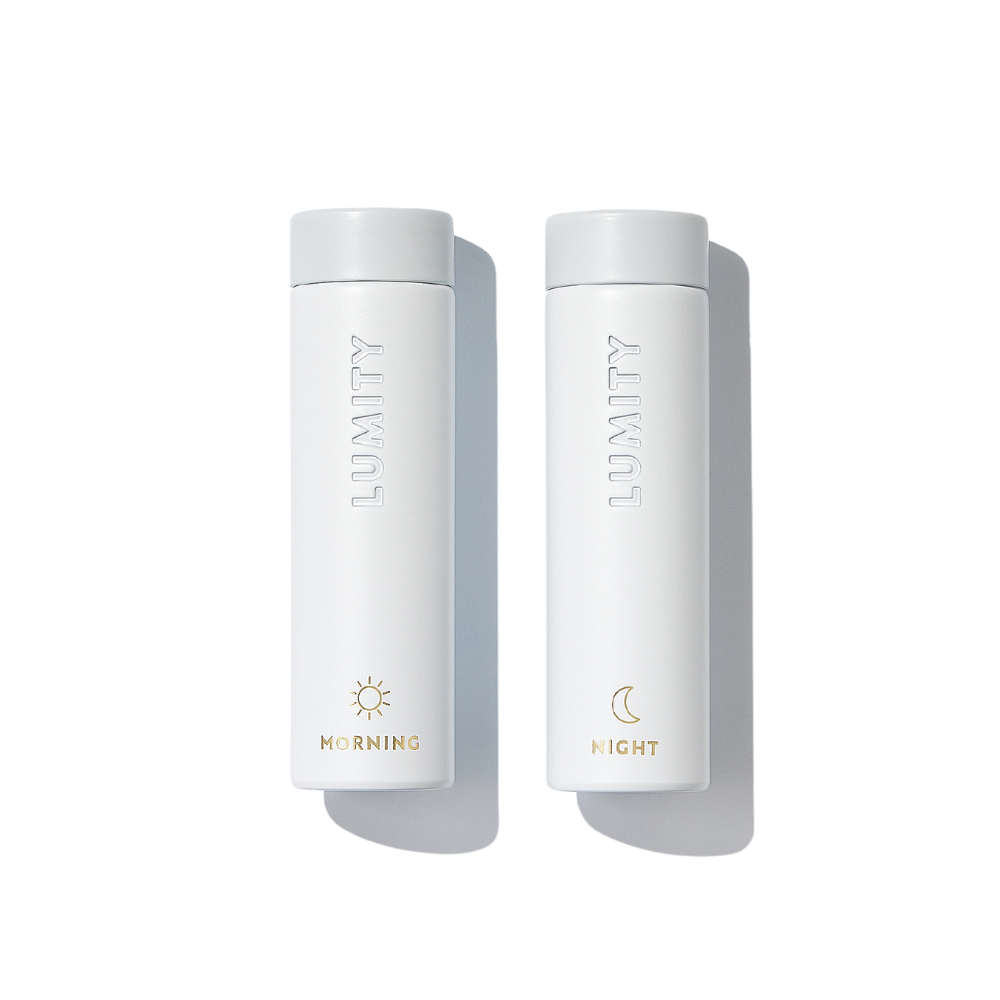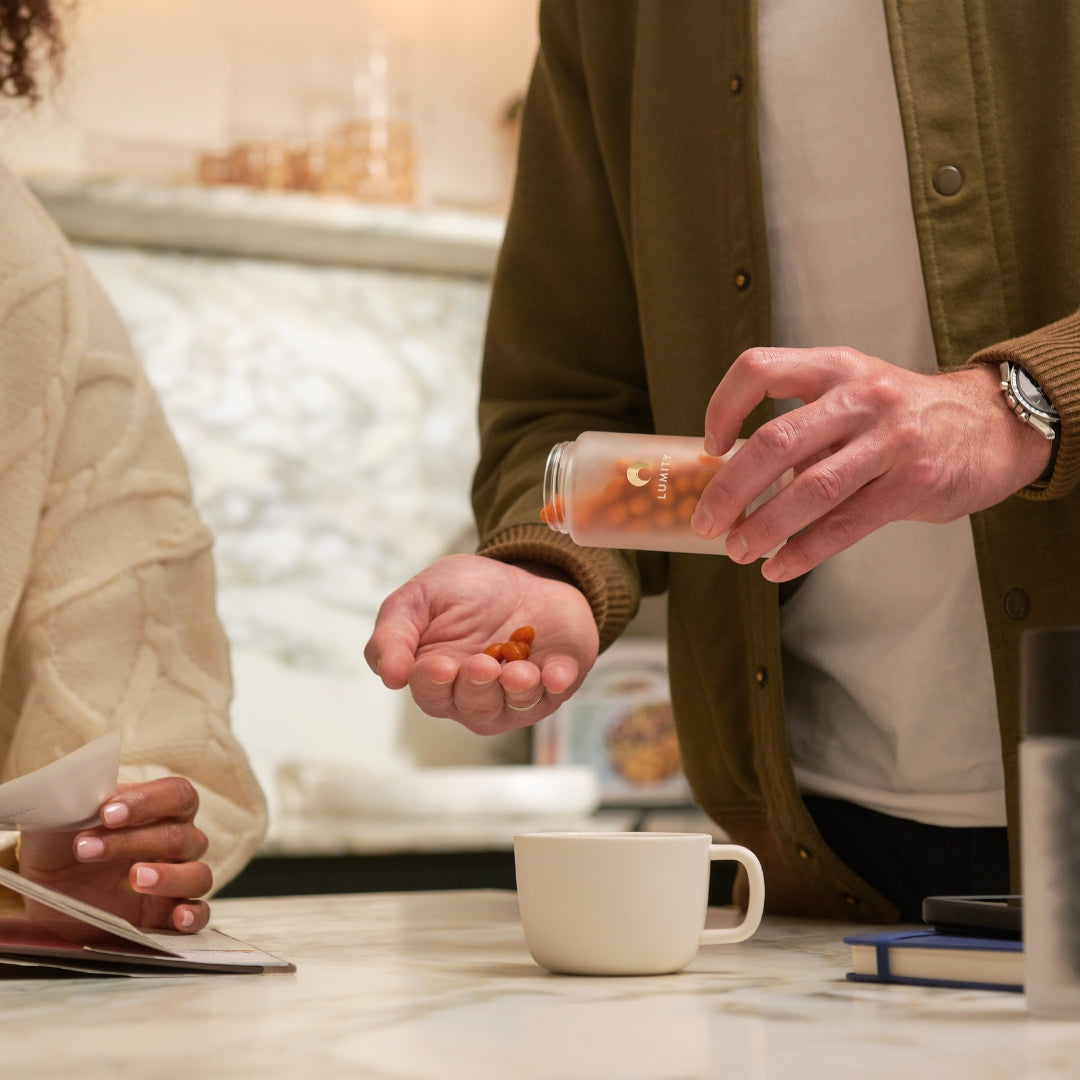Take an Urban Nature Walk
With 68% of the global population living in an urban setting according to the UN, we know that a forest or beach may not be an attainable setting for your next nature walk. The good news? You don’t need to hike through the Himalayas to reap the rewards of sunlight and nature – a circadian-resetting nature walk awaits, and it lies just beyond your doorstep.
After taking your Morning & Night supplement, aim to walk along local roads for 20-30 minutes anytime after sunrise and before lunchtime, when the sun is still moving toward its peak. Notice nature wherever you can see it – perhaps you can see vibrant dahlias in a neighbour’s flower box, a bit of moss peaking through a crack in the pavement, or maybe you’re lucky enough to live near a park with a wildflower meadow. Pay attention to the sights, sounds and smells of nature, stopping periodically to turn your face toward the sun and feel its warmth.
Take a Rural Nature Walk
Whether you’re lucky enough to live near a nature reserve, or you’re planning to head out of the city for a trip to the countryside, a walk through nature can support circadian rhythm regulation and boost mood. National Trust notes that “walking in nature is an important approach to improve mental health and general wellbeing,” and it can also be a soothing, restorative way to get your daily dose of sunlight.
When you’re next in a natural setting, take time to slowly stroll and take mental note of the sounds unique to the area – perhaps you can hear birdsong, wind rushing through trees or the sound of waves gently lapping onshore. While 20 or 30 minutes of morning sunlight are all that’s needed to regulate circadian rhythm, why rush? Lose track of time and enjoy all that your surroundings have to offer your senses.
Limit Evening Light Exposure
After admiring a summer sunset, head indoors and close your blinds to block out any lingering light – the absence of natural light will then trigger melatonin, the body’s sleep hormone. As you begin your evening wind-down routine, continue to reduce exposure to artificial light, especially blue light emitted by screens (we recommend introducing a ‘screen ban’ two hours before bedtime). Our brains can confuse artificial blue light with natural sunlight, suppressing production of the sleep hormone, melatonin. But if you can’t take your eyes off your screen before bedtime, consider using blue light filters on your phone, or wearing blue light-blocking glasses. When you eventually head to bed, take your Morning & Night supplement, soothe tired skin with our Skin Nutrients Facial Oil and Body Oil, and wear a sleep mask to eliminate any light that creeps through your curtains.



